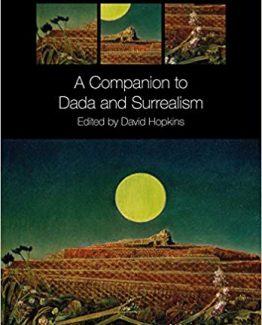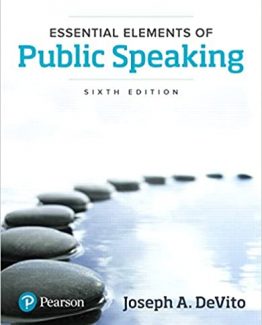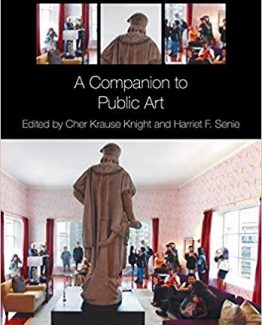Dialectical Materialism by Henri Lefebvre, ISBN-13: 978-0816656189
[PDF eBook eTextbook]
- Publisher: Univ Of Minnesota Press; 1st edition (March 30, 2009)
- Language: English
- 192 pages
- ISBN-10: 0816656185
- ISBN-13: 978-0816656189
With the aim of widening the scope of Marxist theory, Henri Lefebvre finished Dialectical Materialism just before the beginning of World War II and the Resistance movement against the Vichy regime. As the culmination of Lefebvre’s interwar activities, the book highlights the tension-fraught relationship between Lefebvre and the French Communist Party (PCF). For Lefebvre, unlike for the PCF, Marxism was above all a dynamic movement of theory and practice. Dialectical Materialism is an implicit response to Joseph Stalin’s Dialectical and Historical Materialism and an attempt to show that the Stalinist understanding of the concept was dogmatic and oversimplified.
This edition contains a new introduction by Stefan Kipfer, explaining the book’s contemporary ramifications in the ever-expanding reach of the urban in the twentieth-century Western world.
Table of Contents:
TRANSLATOR’S NOTE
CODE TO REFERENCES
PREFACE TO THE NEW EDITION
Stefan Kipfer
Dialectical Materialism
Foreword to the Fifth Edition
I. THE DIALECTICAL
CONTRADICTION
A critique of Hegel’s dialectic
Historical materialism
Dialectical materialism
Unity of the doctrine
II. THE PRODUCTION OF MAN
Analysis of the Product
The activities of integration
The controlled sector and the
uncontrolled sector
Physical determinism
Social determinism
The total man
Towards the total content
SELECTED BIBLIOGRAPHY
Henri Lefebvre began his career in association with the surrealist group, from whom he learned Hegel and a concern with dialectical logic. He was the first to translate Marx’s early manuscripts into French, and his book Dialetical Materialism (published in 1938) became the work from which several generations of French intellectuals learned Marxism. Immediately after the war, Lefebvre began to reflect on a new object of study which he called “daily life”. After the publication of Everyday Life in the Modern World, he was drawn to the analysis of urbanism, and wrote several books on the city, including Space and Politics (1972). In the 1960s he became closely involved with the younger school of French architects, and provided a theoretical framework for their work. Finally, the accumulation of these diverse themes led to his major philosophical work, The Production of Space.
What makes us different?
• Instant Download
• Always Competitive Pricing
• 100% Privacy
• FREE Sample Available
• 24-7 LIVE Customer Support






Reviews
There are no reviews yet.